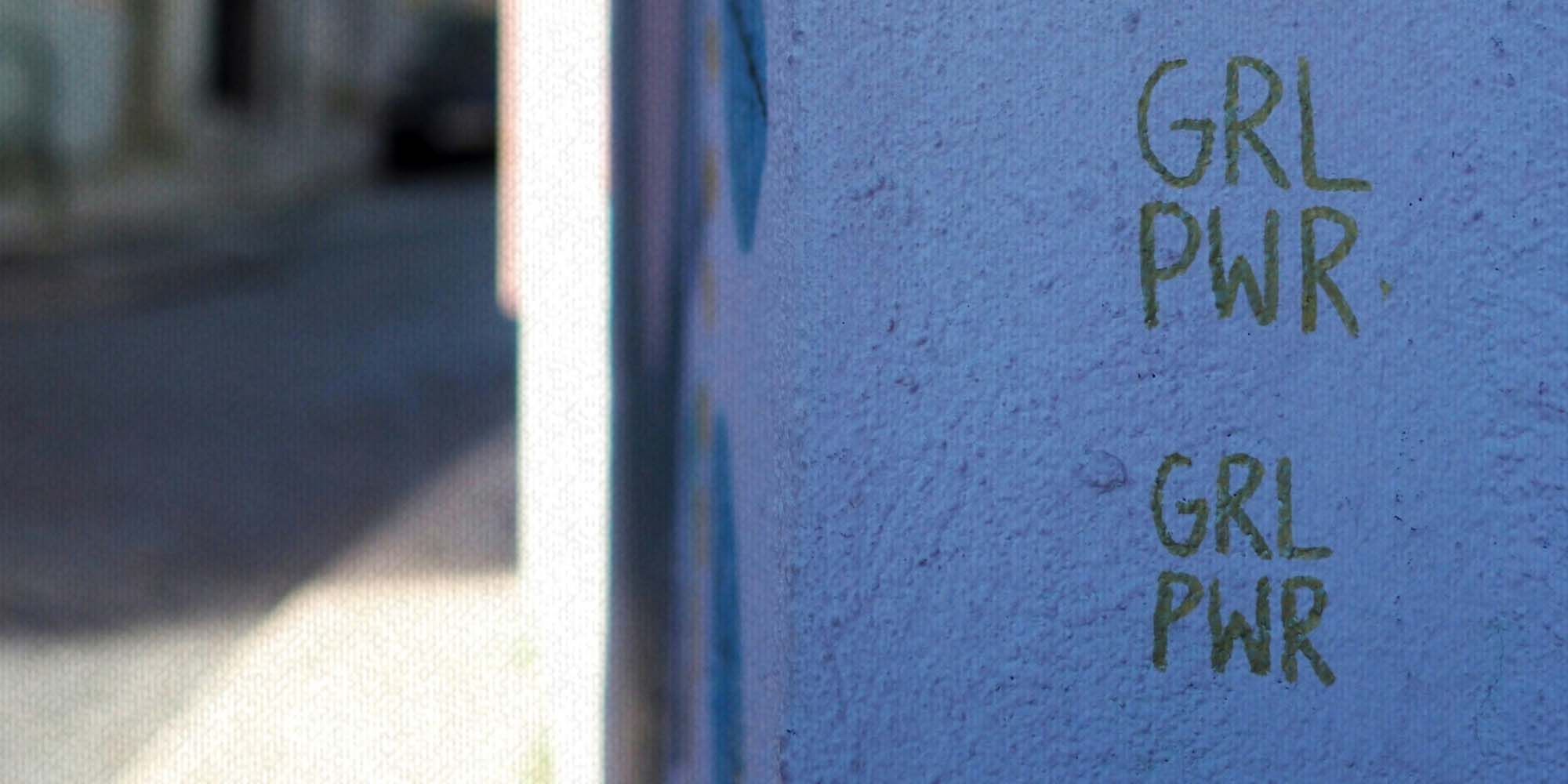
Is modern media empowering women's accomplishments as much as we think? In this month's ACE & Creativity, Anastasia and Anthony discuss the community-engagement project 'Empowering Girls: Reimagining Female Stories of the Past and Present'.
“There is a particular crisis for women—a vast confidence gap that separates the sexes,” argue Katty Kay and Claire Shipman (2014), noting that “a growing body of evidence shows just how devastating this lack of confidence can be.” Women start experiencing this lack of confidence already in their tween and teen years (Shipman, Kay, and Riley, 2018).
A 1991 study conducted by the American Association of University Women concluded that most 9-year-old girls felt confident and had positive feelings toward themselves, but, by the time they got to high school, less than one-third of girls felt confident and positive about themselves. Middle school, in particular, is a pivotal time for physical, intellectual, social, and emotional development. We could reasonably assume that about 30 years later, as modern media celebrate women’s accomplishments more than ever before, these numbers would no longer be valid.
Is modern media empowering women's accomplishments as much as we think?
Yet, a recent study by The Prince’s Trust and the Education Policy Institute (Crenna-Jennings, 2021) confirmed this tendency, finding that there was a distinct drop in girl’s self-esteem and sense of self between the ages of 11 and 14. It is worth noting that at 11 years old, 15% of the girls who participated stated that they felt unhappy about their appearance. However, by the time they were 14 years old, 29% said that they were not happy (Broster, 2021).
As educators and researchers in the field of Classics, which especially in America has been shaped in important ways by women, “despite educational structures designed to exclude them” (Catenaccio, 2019), we always strive to create spaces for female agency to be materialized and marginalized voices to be shared. Thus, taking into consideration the challenges that young girls and women face in contemporary societies, we turn to our familiar mythological stories of the past to create educational programs that could foster independence and confidence, allowing today’s girls to grow into empowered women of the future.
Empowering Girls: Reimagining Female Stories of the Past and Present
In the fall of 2020, we realized our community-engagement project “Empowering Girls: Reimagining Female Stories of the Past and Present,” developed in collaboration with our community partner Girls Place, a Florida-based organization that works with a diverse group of young girls to inspire and challenge them to reach their highest potential. Our project, which was funded by the UF CHPS, featured five events: Council of the Gods, Guess Muse, Parallel-o-Gram, Career Week, and Empowering Girls: What We’ve Learned, the nature and particular characteristics of which we have previously discussed. Collectively, the five events/activities, aimed to encourage and challenge the young female participants (ages 8-13) to reflect on themselves and the important roles they have, and can have, in their immediate and extended social structures, by engaging with the stories of inspirational Greco-Roman female figures and examining them in relation to the experiences of successful contemporary women.
Classical mythology and literature feature female characters who are smart, confident, empathetic, skilled, can solve hard problems, and are not afraid to stand their ground. These female figures situated in contemporary contexts or brought into dialogue with modern powerful women allow young girls to feel represented and to contemplate issues of agency, justice, and belonging, while advocating for themselves and recognizing the significance of being themselves. Reimagining, in our structured activities, for instance, Homer’s Athena, an intelligent, justice-sensitive goddess, as an assertive and compassionate lawyer questioning Poseidon in her defense of Odysseus in the trial on his homecoming, encouraged our young participants to sharpen their critical-thinking skills, placing them in the role of jurors who must make an informed decision. Similarly, prompting them to envision Sophocles’ Antigone, a young woman who showed determination and persistence, in discussion with contemporary women like RBG and Malala Yousafzai, fervent proponents of female rights, helped the girls understand the vitalness of supporting one another while creating a strong sense of community among them.
The goal of the program
In creating these shared experiences for the young girls, our primary goal was to instill in our participants confidence, a genuine enthusiasm for knowledge, and enhance those skills that would help them grow into their unique selves. At the same time, the ultimate goal of our entire program was to establish an interactive educational framework that could be shared widely and materialized in the future with and by other organizations and schools in the United States and abroad, to further our endeavor in fostering the next generations of empowered women.
If you are passionate about girl empowerment, like us, and would like to know more about the project or potentially implement it for your community, let’s get in touch!